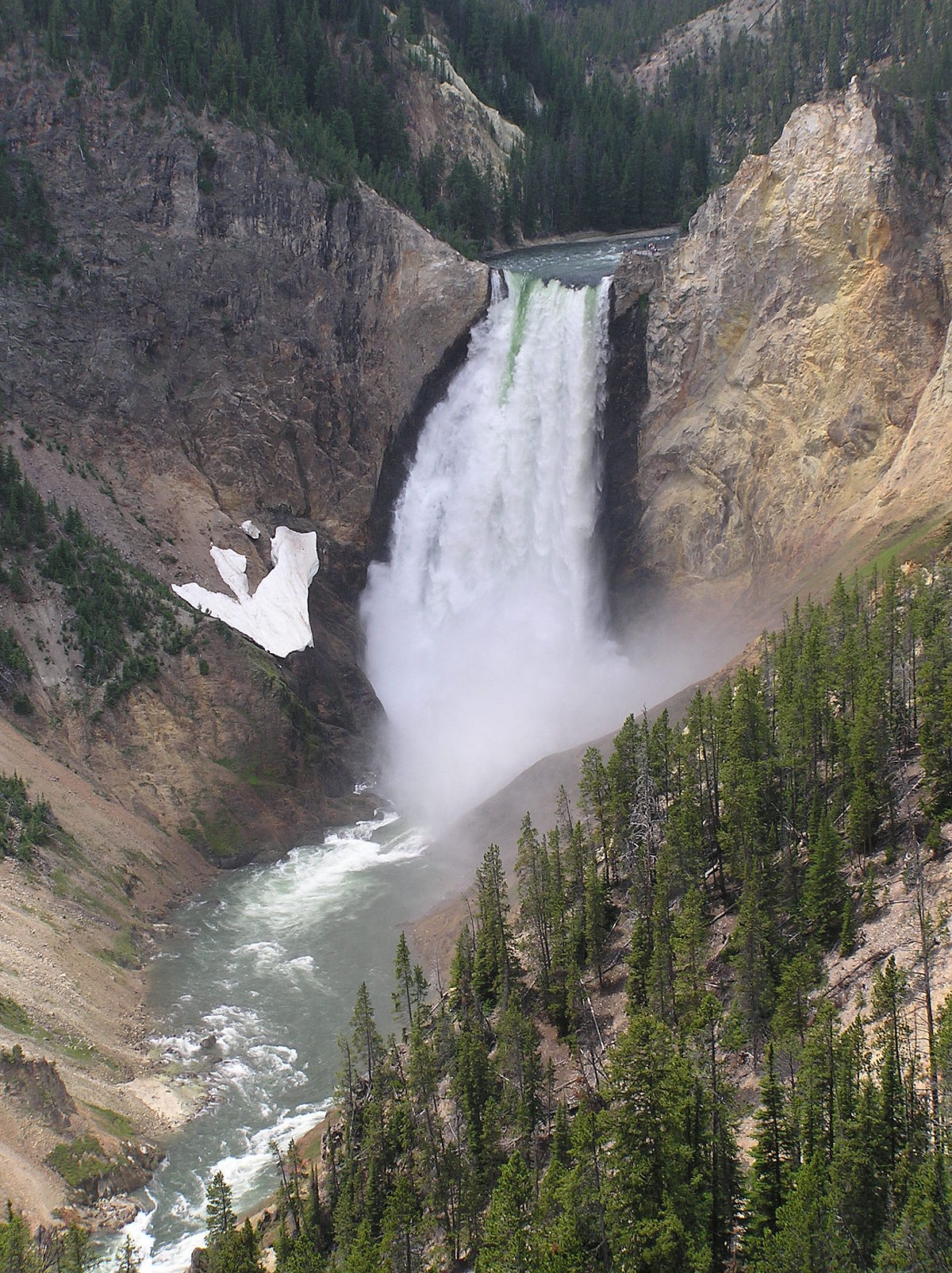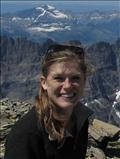
Margaret Comer co-edits climate change edition of Archaeology journal.
The editors and authors hope that the papers in this volume, far from being a finished product, will be a stepping stone to increased collaboration and dialogue between students, academics, local communities and practitioners worldwide about how best to harness archaeological data and methods to help communities adapt to the 'wicked' and serious threat climate change poses to each of us.
Margaret Comer
A Gates Cambridge Scholar has co-edited the latest edition of a prestigious Archaeology journal which has a special focus on climate change.
Margaret Comer is co-editor of Volume 32.2 of the Archaeological Review from Cambridge, entitled 'On the Edge of the Anthropocene? Modern Climate Change and the Practice of Archaeology'.
The journal was launched at a recent event at the McDonald Institute for Archaeological Research. Dr Jago Cooper gave an introductory talk entitled 'Can Archaeology Save the World? Modern Climate Change and the Practice of Archaeology', which was live-streamed via Facebook Live. Dr Cooper is Curator of the Americas in the Department of Africa, Oceania and the Americas at the British Museum and is also well-known for the BBC 4 series Lost Kingdoms of South America.
Two Gates Cambridge Scholars contributed articles to the journal which includes case studies from all over the world, including Australia's New South Wales Coast and the Scottish coastline.
Victoria Herrmann [2014], who is doing a PhD in Polar Studies, wrote 'Culture on the Move: Towards an Inclusive Framework for Cultural Heritage Considerations in Climate-Related Migration, Displacement and Relocation Policies', which discusses the archaeological implications of climate change displacement. She asks: “When not just individuals but communities are displaced, how can their cultures be conserved and their traditional knowledge retained? And, equally important, how can cultural heritage be used to facilitate the emplacement of these communities to new sites?” The paper identifies how best practice in archaeology and heritage can be used in climate displacement and relocation efforts.
Rachel Reckin’s paper, 'Resiliency and Loss: A Case Study of Two Clusters of High Elevation Ice Patches in the Greater Yellowstone Ecosystem, USA', discusses the impacts of climate change to high elevation cultural resources, particularly ice patches, and includes a case study of two groups of archaeologically productive high elevation ice patches from the Greater Yellowstone Ecosystem, analysing their resiliency in the face of warming temperatures and changing climates. Rachel [2014] is doing a PhD in Archaeology. She concludes: "High elevation patches of ice and snow may be losing their resiliency to warmer temperatures as their ancient ice melts, making them ever more vulnerable to climate change. Ice patch researchers are in a race against time to identify productive ice patches and recover any fragile artifacts or paleobiological material they may contain before they melt completely. For many of these patches, this would be their first complete melt since the early Holocene."
In addition to co-editing the edition with Eva Meharry and Rebecca Haboucha, Margaret Comer [2015], who is also doing a PhD in Archaeology, contributed a book review of Material Culture in Russia and the USSR, edited by Graham E. Roberts.
She says: “The editors and authors [of the journal] hope that the papers in this volume, far from being a finished product, will be a stepping stone to increased collaboration and dialogue between students, academics, local communities and practitioners worldwide about how best to harness archaeological data and methods to help communities adapt to the 'wicked' and serious threat climate change poses to each of us.”
Picture credit: Yellowstone Park, courtesy of Wikipedia.

Victoria Herrmann
- Alumni
- United States
- 2014 PhD Polar Studies at Scott Polar Institute
- Pembroke College
Victoria is interested in exploring the nexus of climate change, human development, and public policy in the Arctic. Her PhD research focuses on how images and aesthetic codes construct values, identities, and ideas of power in the Arctic since the Second World War. From a young age Victoria's grandfather, a Holocaust survivor, has inspired her to pursue a career promoting social justice and empowerment. During her undergraduate degree, she followed that inspiration through two emerging personal interests - art and environmentalism. Through internships at The Smithsonian Institution and the Metropolitan Museum of Art, she helped to create programs to bring different, often contentious, communities together through museum educational events. At the Untied Nations and the Carnegie Endowment for International Peace, she later worked on research, writing, and advocacy for climate justice, urban resiliency in socioeconomically depressed neighbourhoods, and mitigation. Though passionate about art, climate change, and social justice individually, it was not until her Fulbright research that Victoria was able to bring her three disparate interests together. During her year in Canada, she studied how indigenous civil society groups used visual media to empower their voices at climate change negotiations. At Cambridge, she continues this multidisciplinary approach to scholarship by examining the changing visual narratives of geopolitics in the Arctic and its influence on perceptions of power, justice, and agency. As the Alumni Officer Victoria works closely with the Gates Cambridge Alumni Association to connect the scholar and alumni communities.

Rachel Reckin
- Alumni
- United States
- 2014 PhD Archaeology
- St John's College

Margaret Comer
- Alumni
- United States
- 2015 PhD Archaeology
- Jesus College
My research focuses on the heritage of mass repression, Soviet and post-Soviet memorialization and heritagization, grievability and memory, and contested memory. I am specifically interested in how post-repression societies variously portray suffering, loss, perpetration, and victimhood at sites associated with mass violence. The overarching goal is to analyze how the heritage of past violence can be instrumentalized in order to avoid reckoning with past violence and, further, how this heritage can be weaponized in order to further contemporary violence. My research interests also include preservation and tourism at sites of mass repression, materiality and memorialization, and heritage and climate change. My doctoral dissertation title was 'The Heritage of Repression: Memory, Commemoration, and Politics in Post-Soviet Russia'. It focused on changing patterns of commemoration and memorialization of Soviet repression at sites in Russia connected to the former gulag system and Great Terror, with a special focus on concepts of 'grievability' (as conceived by Judith Butler) and my complementary concept of 'blameability'. It also introduced a theoretical model for categorizing and thinking through heritage sites' representations of victims and perpetrators.
Previous Education
University of Cambridge
University of California, Berkeley












